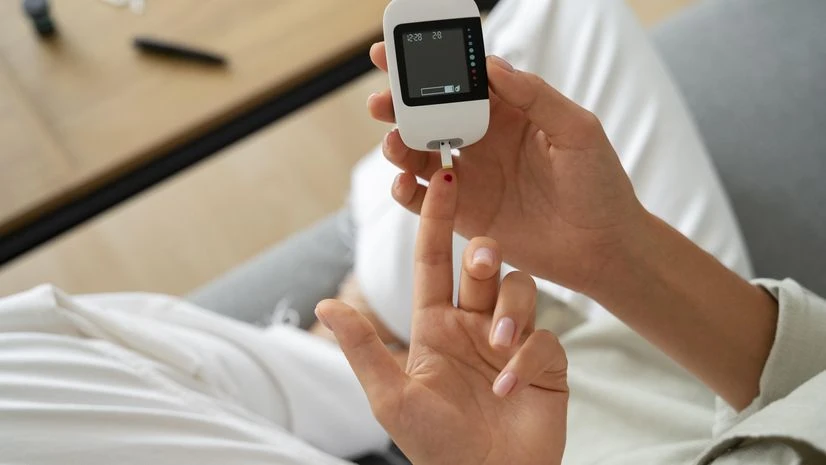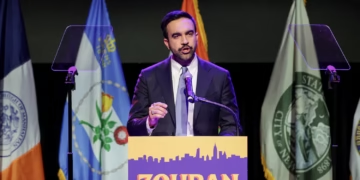Highlights
- New U.S. guideline lists chronic illnesses like diabetes, obesity, and heart disease as reasons for visa rejection.
- Applicants could be considered a “public charge” if they are seen as a possible burden on U.S. resources.
- Visa officers given broader power to judge based on health and financial condition.
- Immigration lawyers call the rule discriminatory and medically unqualified.
- The new rule expands Trump’s ongoing tough immigration policies.
Strict Health Screening Introduced for U.S. Visa Applicants
The Trump administration has introduced a new US visa guideline that makes health a key factor in approving or rejecting visa applications. According to the directive issued on Thursday, chronic health conditions such as diabetes, obesity, and heart disease may now lead to visa denial.
The guideline states that U.S. embassy and consulate officers can now assess applicants based on their age and likelihood of depending on public aid in the future.
What ‘Public Charge’ Means
Under this new rule, applicants could be labelled as a “public charge” if officers believe that their health issues or age might make them dependent on U.S. government support.
“নিজেই তৈরি করুন নিজের অনলাইন স্টোর — কোনো কোডিং জ্ঞান ছাড়াই!”
This means that if a person’s health or financial status suggests they might need long-term medical care funded by public money, their US visa application can be denied.
Broader Health Conditions Now Considered
Previously, visa medical checks mostly included tests for infectious diseases like tuberculosis and vaccination history. But the new rule expands the list to include many chronic illnesses.
These include cardiovascular diseases, respiratory disorders, cancer, diabetes, metabolic diseases, neurological conditions, and mental health issues, all of which can cost thousands of dollars in treatment.
The rule also gives more decision-making power to visa officers, allowing them to assess health risks more freely.
Part of Trump’s Tough Immigration Policy
This new guideline is part of Donald Trump’s ongoing strict immigration measures, aimed at limiting the number of immigrants and deporting those living illegally in the U.S.
The wider campaign also includes daily mass arrests, bans on refugees from certain countries, and plans to drastically reduce overall immigration numbers.
Read More: Israeli Ministers Tell New York Jews to Return to Israel After Mamdani’s Victory
Legal Experts Raise Concerns
Charles Wheeler, senior attorney at the Catholic Legal Immigration Network, said the new directive would apply to nearly all visa applicants but will be strictly enforced for those seeking permanent residency.
He also pointed out that the policy conflicts with the State Department’s own handbook, the Foreign Affairs Manual, which says that visa decisions cannot be based on assumptions about future health conditions.
Family Health Now a Factor Too
The guideline also instructs officers to consider the health of the applicant’s family, especially children or elderly dependents. If a dependent’s illness or disability may prevent the applicant from maintaining a job, that could also affect the visa decision.
Financial Ability Under Scrutiny
Impact on Global Applicants
Previously, applicants only needed to provide medical checks through approved doctors, focusing on infectious diseases or vaccination records. However, this new focus on chronic diseases will make the visa process much harder for millions of potential immigrants worldwide.
According to global health data, around 10% of the world’s population has diabetes, and cardiovascular disease remains one of the leading causes of death. The new rule suggests that such applicants could be labelled as “public charges” and refused entry into the United States.
Source: ABC News


















